Introduction
Australia is a state in the southern hemisphere, known for its unusual nature and beautiful sights. Interestingly, the country that I will discuss today has many beaches, and if one decided to visit a beach each day, it would take them approximately 27 years to see all (Sukhwani). This is because there are about 10,000 beaches located across this country.
You may have guessed that the country that I will discuss today is Australia. I have never been to this state, but I am fascinated by the images that I see of nature, the locations, and the animals that live there. In this presentation, I will discuss the indigenous and English settlements in Australia and how these affected the state’s culture and the national holidays. First, let’s discuss the basic facts about Australia and the difference between Australia and Austria.
About Australia
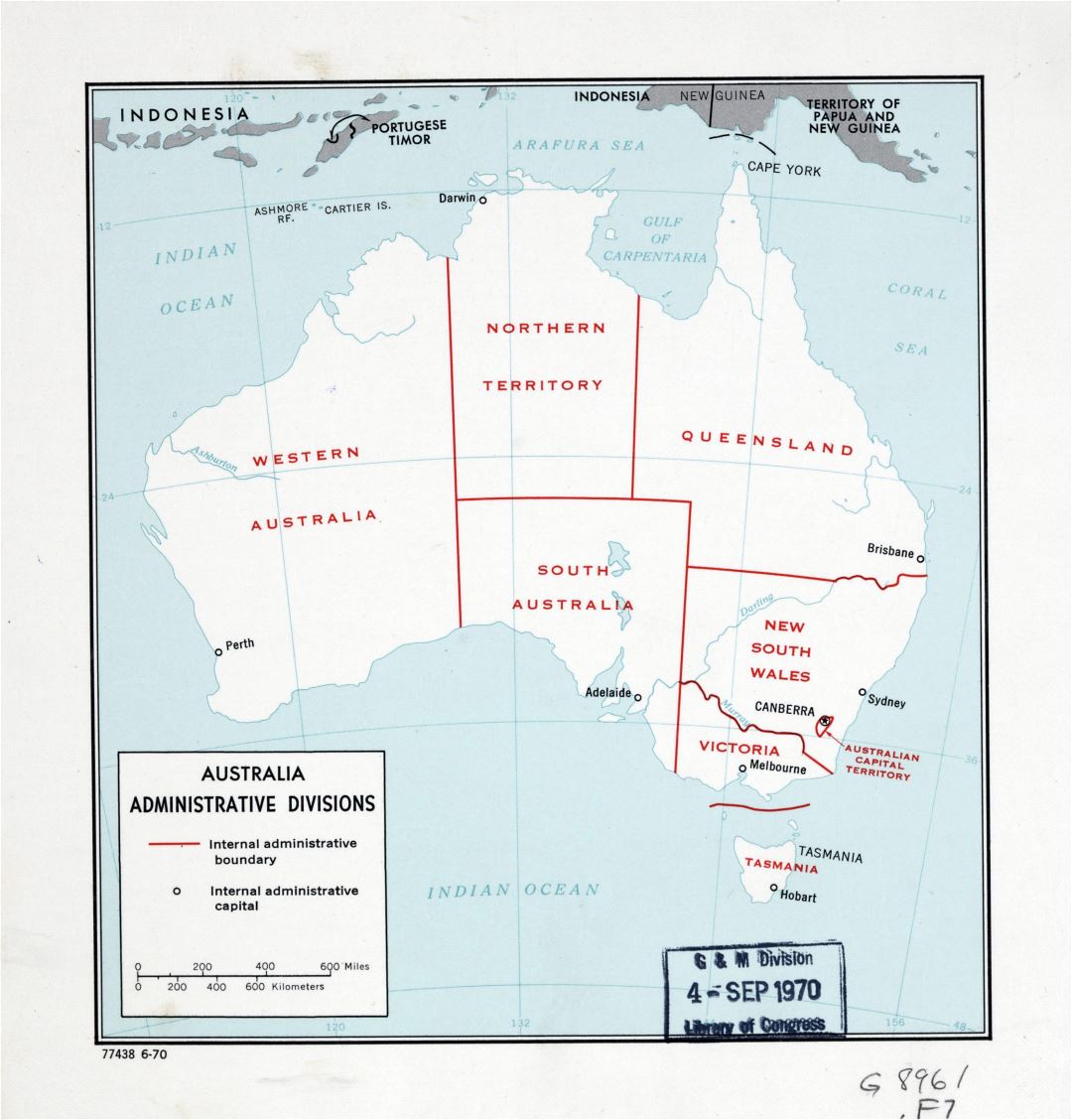
Picture 1 is Australia’s map, as one can see, it is a large state divided located in the southern hemisphere. It is known for unusual animals, for example, kangaroos and giant spiders, and natural sights. Interestingly, Australia is often confused with Austria, with the latter being a state in Europe. Picture 2 acknowledges the common confusion with the motto “No Kangaroos in Austria!” But in actuality, there is no direct connection between the two countries and their names, Austria is a derivative of German words, which can be translated as “eastern empire.” In contrast, Australia’s name translates from Latin as “southern” (“Why Do Australia and Austria have such Similar Names?”). Apart from nature, Australia has an interesting history.
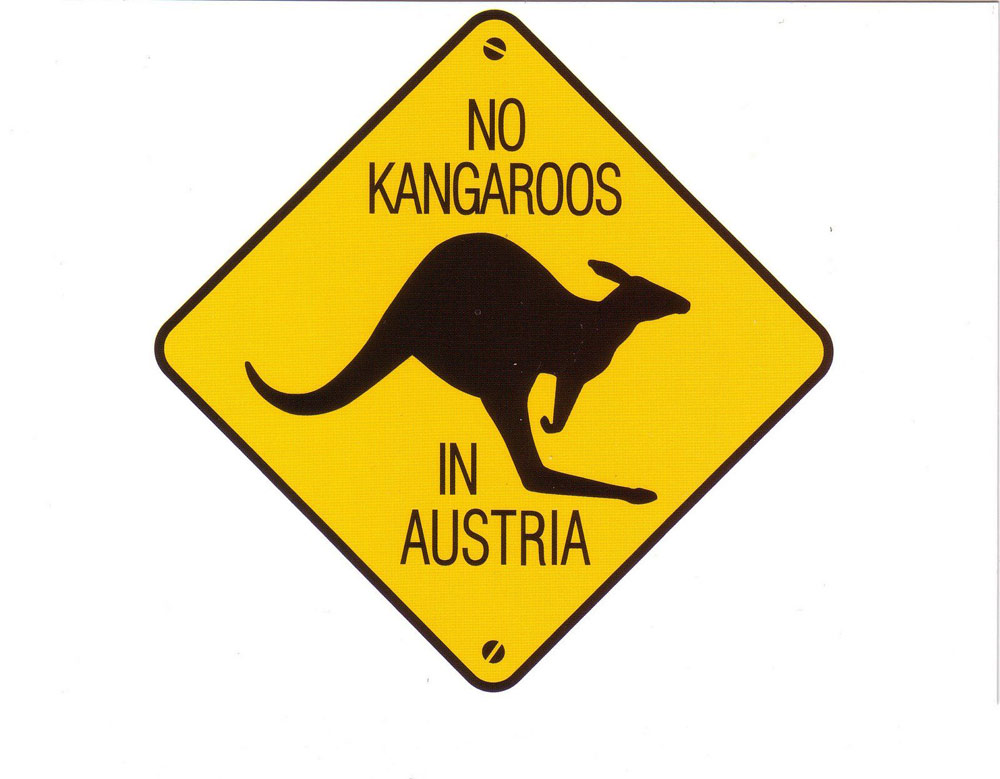
Significant Historical Moments
Although the indigenous people lived across Australia before the English settlers arrived, the main historical events known to the general public happened after establishing the first colonies on this continent. Captain James Cook was an Englishman who discovered Australia in the 1770s and claimed the territory as the British Empire’s part (“History”). Before this, sail men and navigation ships from France, Britain, and the Netherlands mapped the coast of this land. In 1788 the Englishman arrived in Australia to establish the first colony on this continent (“History”). These first colonies were penal settlements, meaning that they were created for convicts. However, free settlers also moved to Australia, and in the 1830s, they established the first colony for free settlers only (“History”). In 1901 after six colonies united, the Commonwealth of Australia was established (“History”). Picture 2 is Australia’s coat of arms, a national symbol where one can see a kangaroo and an emu and a shield with six states. Hence, Australi’s history is connected to the British Empire’s settlements on this territory.
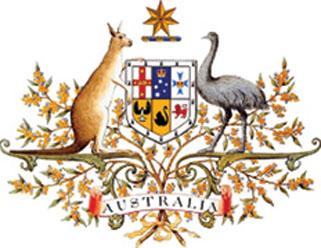
Cultural Norms and Values
Modern Australia combines the norms of values of the aboriginal or indigenous people, who arrived at this continent approximately 60,000 years ago, and the English settlers’ successors (“History”). Picture 3 is an example of art that the first Indigenous people of Australia created, it is a rock engraved with an image. Most people in this country speak English, and the culture is comparable to that in the United States. Most importantly, modern-day Australians recognize the contribution of the Indigenous people and their culture for national development, which differs from the mainstream culture. For example, the Indigenous people value family and land, and the connection between the two is sacred for them (“History”). Also, indigenous people have their language. More specifically, there are about 28 language families. Hence, the values of the Aboriginals are an important contribution to Australia’s culture, in addition to the mainstream culture. Since the mass culture in Australia is very similar to that in the United States, the two share many common holidays, apart from one.
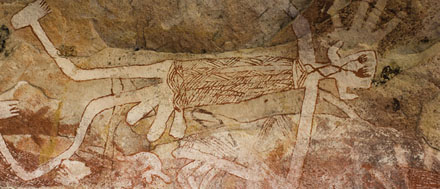
Australian Holidays
The main holiday in Australia, arguably, is Australia Day, celebrated on the 26th of January each year. This holiday is the celebration of the first British ships to Port Jackson in New South Wales (“Public Holidays”). Picture 5 are demonstrations of how this day is celebrated in Australia, people celebrate the state’s flag. Apart from this, Australians celebrate Christmas and Boxing Day. However, they also have a holiday titled “Anzac’s day,” which recognizes the dead soldiers.
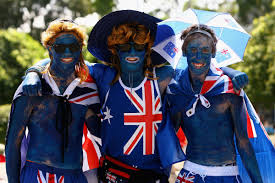
In conclusion, in this speech, I discussed the customs, national specifics, and people’s daily lives in Australia. I hope that one day we all will be able to visit Australia.